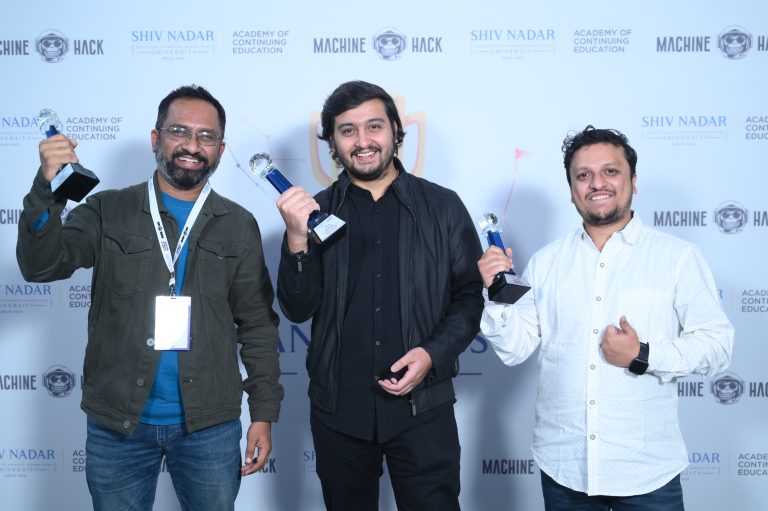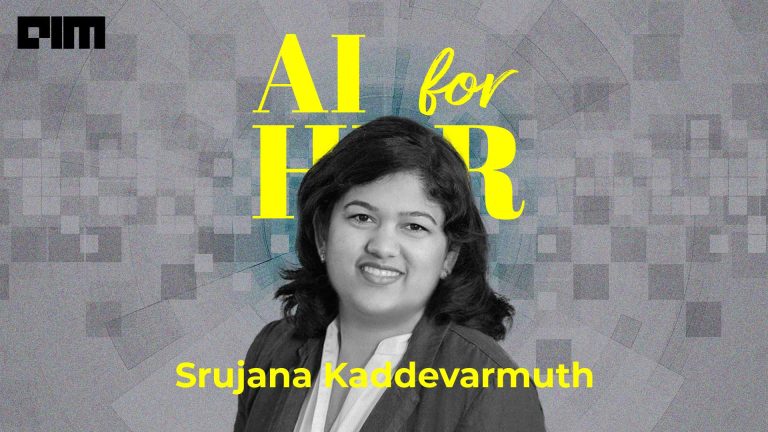IT giant Accenture has acquired AI and analytics company Bridgei2i. Founded in 2011, Bridgei2i specialises in data-driven digital transformation for companies by combining AI, consulting services and advanced analytics.
Accenture’s latest buy-out adds to its recent acquisitions in the analytics field, including companies like Australia-based Analytics8, Spain, Pragsis Bidoop, Mudano in the UK, and Byte Prophecy in India, among others.
The analytics industry as a whole is abuzz with high-profile acquisitions and mergers. Some examples include Genpact’s acquisition of Enquero, the Cognizant-Servian deal, InMobi’s acquisition of Appsummer, etc. With such massive acquisitions happening in the last few years, is it correct to assume that the industry is consolidating the analytics services sector?
Major Acquisitions in the Analytics Industry
Accenture hopes to add more than 800 deeply skilled professionals to Accenture’s Applied Intelligence practice, scale up its capabilities in data science, ML and AI-powered insights. Accenture quoted one of its own internal studies to support this deal. As per its research, companies making strategic investments in emerging technologies like AI, Cloud, and analytics are bound to see a five times revenue growth compared to companies that fail to do so.
Speaking particularly about the last two years, when the whole world came to a virtual standstill, companies continued to make some highly-valued acquisitions. Some of the major deals in the analytics industry include:
Capgemini-Advectas: In February 2020, Capgemini announced that it has signed an agreement to acquire Sweden-headquartered Advectas, a leading business intelligence and analytics company. Advectas adds to Capgemini’s Insights & Data global business line, helping the company meet the growing client demand for business intelligence and data analytics services across the region.
Cognizant-Servian: Earlier this year, Cognizant announced that it would be acquiring Sydney-based analytics firm Servian to enhance its digital portfolio. A specialist in the field of data analytics, cloud, and AI, Servian would also help Cognizant expand business in Australia and New Zealand.
Genpact-Enquero: Genpact acquired Enquero, a firm that offers data engineering and analytics services. This acquisition would help Genpact scale up its data analytics team and enhance capabilities to accelerate the digital transformation of its clients.
Infogain-Absolutdata: Digital platform and software services provider Infogain acquired Absolutdata earlier this year. This acquisition gave Infogain access to Absolutdata’s NAVIK AI platform and other new verticals. This acquisition is also expected to help Infogain strengthen its presence in areas such as consumer goods, telecom, and pharma.
Market Consolidation?
It is a general trend that is seen in every industry as it matures. Through several mergers and acquisitions, most industries progress through a ‘consolidation life cycle’, as observed even in the data analytics industry.
As per a study of 1,345 mergers and acquisitions completed over 13 years, once an industry forms, it goes through four stages of consolidation. Often, this cycle is so apparent that companies are able to plot where they fall in the cycle with a fair amount of precision.
The study revealed that the industry takes 25 years to move through four marked stages of consolidation. This period is expected to reduce even further in future. The research suggested that every company in the industry undergoing this transformation must undergo these stages or disappear, which makes it very important for companies to understand where the industry is heading.
Credit: Harvard Business Review
These four stages are:
Opening: This is generally the stage where a single start-up emerges from a newly deregulated or privatised industry. This 100 per cent industry concentration quickly drops off, and the combined market share of the top largest companies drops to 30-10 per cent as competitors arise.
Scale: The next stage is scaling up. Here, the major players begin to emerge and quickly buy out competitors and form empires. The study says that the top three players in this stage start to own 15-45 per cent of the market with the industry consolidation.
Focus: After the consolidation of stage 2, companies start focusing on expanding core business and aggressively outgrow competition. At this stage, the top three companies generally control 35-70 per cent of the market. This stage also may have 5 to 12 major players.
Balance and alliance: At this stage, the top three companies claim as much as 70-90 per cent of the market. Bigger companies may even form alliances with peers as the growth hits a plateau, and a complacency motivated by their own dominance may set in. Companies at this stage look for newer ways to grow their core business.
Going by this study, it appears that the data analytics services industry is at the scaling stage. Some of the major players at this stage include Mu Sigma Analytics and Fractal Analytics. While these are companies that have data analytics as their core offering, bigger companies like IBM, Accenture and others are also diversifying and marking their footprints in this field.
Data analytics is one of the most exciting and fast-growing industries currently. As per market research, the global data analytics industry market size is expected to reach $132,903.8, recording a 28.9 per cent CAGR from 2016 to 2026.
For emerging companies in this field, one of the two paths is expected — to acquire or be acquired. Both the options offer a good strategy to accelerate growth and expand capabilities. This seems to be particularly true since rumours are abuzz about mid-size boutique analytics firms in India looking to be acquired.




















































































